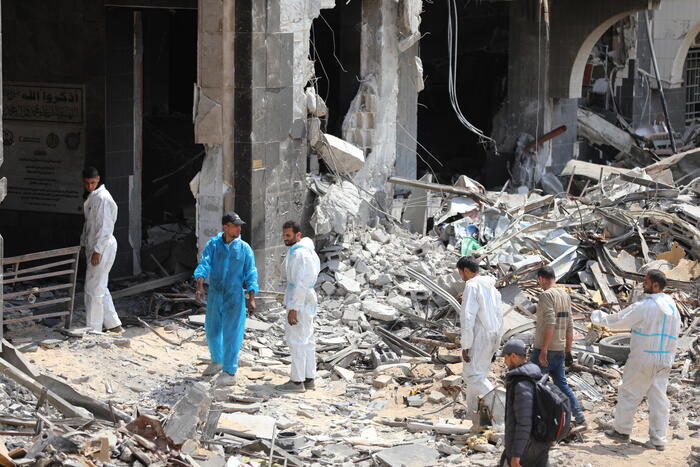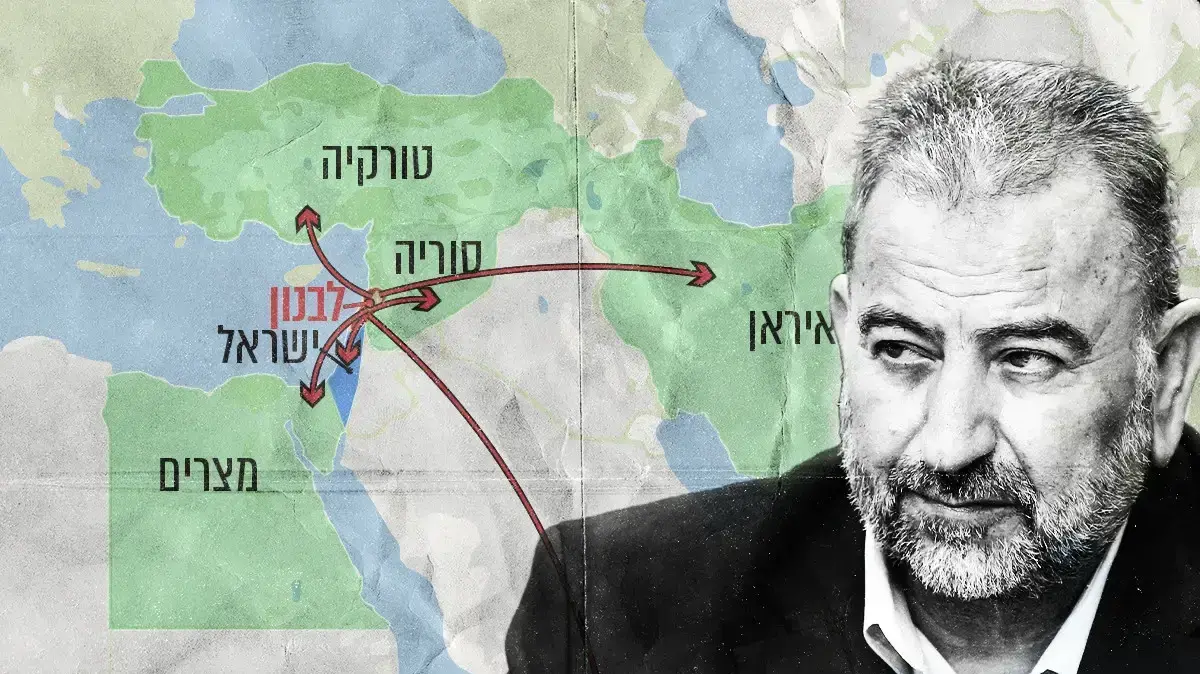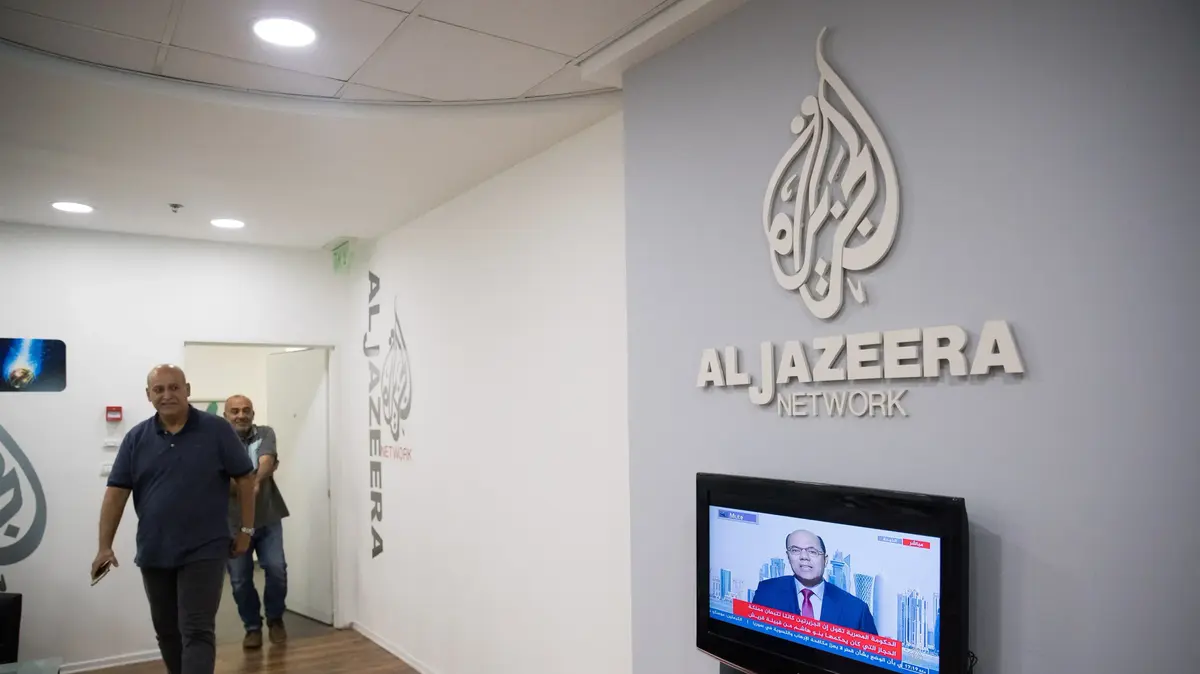Damascus-SANA
Al-Qudud Al-Halabi is based on a religious origin, as it was sung during birthdays, remembrances and celebrations, to turn later into songs performed at weddings and social occasions, after preserving its religious melody and adding other words to it.
The connection of the roots of Qudud with the religious aspect is confirmed by the book Jami’ al-Nafhat al-Qudsi by the late Sheikh Muhammad Arabi al-Qabbani, one of the most important references in the chants, mystical poems, and Andalusian muwashshahs.
The son of the author of the book, the maestro and the scarf, Salah Qabbani, the leader of the Arab Music Ensemble for the Revival of Heritage, explains in an interview with SANA that the qudud is an Arab lyrical color that entered our country through the Andalusian muwashahat.
He points out that most of the muwashshahs were performed in religious gatherings and gatherings with musicians such as Omar Al-Batsh and Bakri Al-Kurdi.
Qabbani presents the names of some of those who wrote religious poems, most of them from Homs and Aleppo, including Abu al-Wafa al-Rifai, a Sufi poet, Ahmad Abu Saqif, and Fatima al-Naasan, known as Umm Muhammad al-Talawiya. Muhammad Al-Darwish and others.
The list of those who performed and composed religious songs in Syria, according to Qabbani, includes the great names of Abu Khalil al-Qabbani, Ahmad Aqil, Ahmad al-Faqash, Bahjat Hassan, Hassan al-Haffar, Sabah Fakhri, Abd al-Aal al-Jarsha, the grandfather of the famous violinist Abboud Abd al-Aal, Abd al-Qadir al-Hajjar, Omar al-Sarmini, Kamal Shuhaiber and Nihad Najjar.
Among the hundreds of religious pilgrims that were included in his father’s book, Qabbani mentions the names of Qudoud that have become famous and well-known in our days, including “The Love of the Chosen Prophet is my religion” and offset by “Oh, my sweet, my comforter” and “Suffice my Lord, the Exalted of God.” O my Cindy.” And it meets her under her hood.
And in the books there is also a reference to quoting great Egyptian singers from Qoddna, where Muhammad Abdul Wahhab took the sweetness of his song on the night of farewell, as he took the melody of a song, Rejoice, my heart.
And about his experience in reviving the heritage of Qudoud, Qabbani indicates that it began with the establishment of the Levantine Dervish Ensemble to revive the heritage and religious songs of Muwashahat and Qudud and beginning in 2000 with the encouragement of the late musician Adnan Abu al-Shamat. The band, led by Qabbani, presented more than 500 works that won the admiration of its listeners.
Among the recent works presented by this group in the context of reviving the religious heritage of Al-Qudud, a work accompanied by an illiterate group, which was recorded for television, during which they performed the Qudud with the Mawlawiya dance during the opening of the flower exhibition.
Hadi Imran









